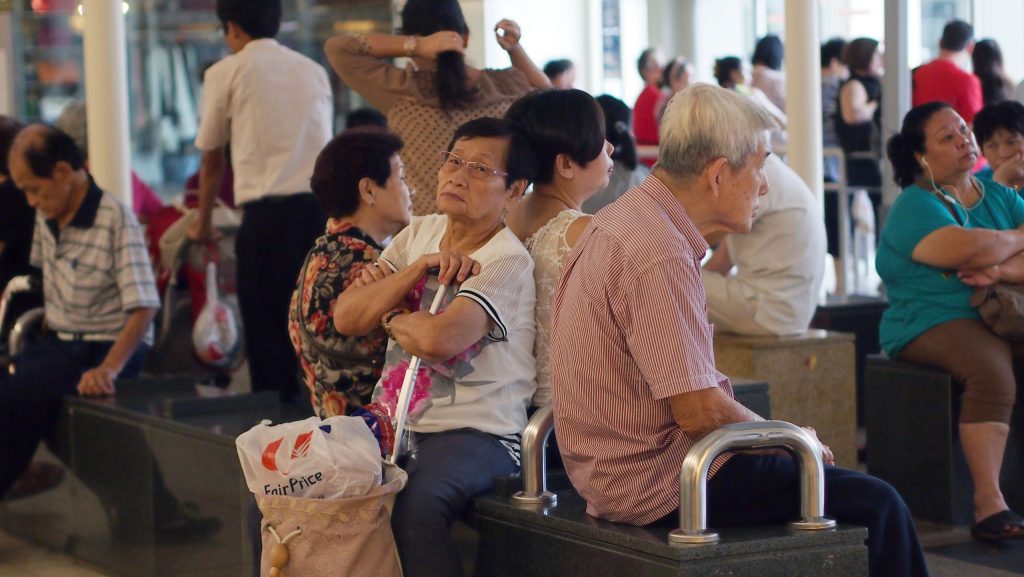Ageing and Social Networks: Mapping the Life-worlds of Older Singaporeans
October 1, 2021

International Day of Older Persons is commemorated on the 1st of October every year. The day seeks to promote a society that is inclusive for persons of all ages. The world is projected to experience an increase in the ageing population. At the same time, older persons are experiencing discrimination, marginalization, and ageism in our societies. As a result, the International Day of Older Persons aims to deconstruct these biases and promote a society that is accepting of individuals, regardless of their age.
Strong social networks can boost the emotional health of older people. Urban design, housing policy, and programs to assist in helping older people age successfully in their neighbourhoods are able to operate in tandem to develop robust networks of social care. However, this idea of ‘aging in place’ can be limiting because older people’s social networks are neither restricted to their own neighbourhoods nor to their family and neighbours. Proximate and distant friendships and work relationships are also an important part of older people’s social networks.
The project ‘Ageing and Social Networks: Mapping the Life-worlds of Older Singaporeans’, funded by the Social Science Research Thematic Grant (SSRTG) and led by Associate Professor Elaine Lynn-Ee Ho (NUS Geography), examines the social and geographical characteristics of older people’s social networks. It investigates which members of older people’s social networks are most sought after for assistance, why these specific individuals are called upon for assistance, what types of care older people request through their social networks, and how they access them. The research team will combine Social Network Analysis with Qualitative Research and Geographic Information Science (GIS), thus blending large scale numerical survey data with deep, targeted qualitative research that is then mapped onto real spaces.
The team will compare two Singapore neighbourhoods, looking at how older people’s networks of social care are shaped by their surroundings. They will also contrast older people’s care-seeking strategies and resources in each site. The Jurong region has been selected as the first study site, continuing research that A/P Ho has carried out there in one of her past projects, ‘Transnational Relations, Aging and Care Ethics (TRACE)’. The research team will work with relevant government agencies to select the second site.
‘Aging and Social Networks: Mapping the Life-Worlds of Older Singaporeans’ will advance theories on aging and social networks, as well as qualitative GIS methods, while simultaneously integrating them into survey research.
